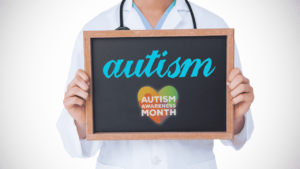As helpers and caregivers it can be difficult to take a break and give ourselves grace to engage in our own self-care practice.
Research shows that caregivers have higher rates of stress and depression than non-caregivers. The sooner you get into the practice of caring for yourself in your caregiving journey, the easier it will be to make it part of your lifestyle and not simply an afterthought.
Here are some self care strategies to try out. Not sure where to start. Identify one of the strategies below and commit to it for a week. Then, check in with yourself and see how you feel.
- Value yourself and your role as a helper or caregiver.
- Create balance between work, caregiving, and life.
- Identify when you’re stressed and take a break
- Spend time with friends and groups who build you up.
- Care for your physical health by eating healthy foods, exercising, making time for your own medical care.
- Practice gratitude
- Meditate, pray, or journal
- Set healthy boundaries by saying “no” (if you’re taking on more responsibilities in caregiving, you might have to say no to other responsibilities or opportunities in life).
- Show yourself loving kindness. Be compassionate with yourself
- Care for your mental health by talking to a trusted friend or working with a therapist.
“You’re not required to set yourself on fire to keep others warm”
– anonymous
Get support with caregiving
Getting support with caregiving can be very helpful along your journey. Here are some caregiver support resources just for you.
1. CaregiverAction.org
Caregiver Action.org has a free caregiver hotline with lots of resources related to caregiving. Call 855-227-3640, or chat here: https://caregiveraction.org/
2. The Family Caregiver Alliance
The Family Caregiver Alliance also has resources and support programs for caregivers and offer a hotline during business hours (Pacific Standard Time) at 800-445-8106. Learn more about them, here.
3. Alzheimer’s Association
If you’re caring for someone with dementia, the Alzheimer’s Association has a 24/7 helpline at 800.272.3900. Learn more here!
Psst: your loved one doesn’t have to have Alzheimer’s Disease, they can have any type of dementia for you to receive support there!
4. Talk therapy
Sometimes therapy can be very helpful in managing the emotional challenges that can arise with caregiving. It is especially important to find a mental health professional who specializes with people who are caring for older adults.



